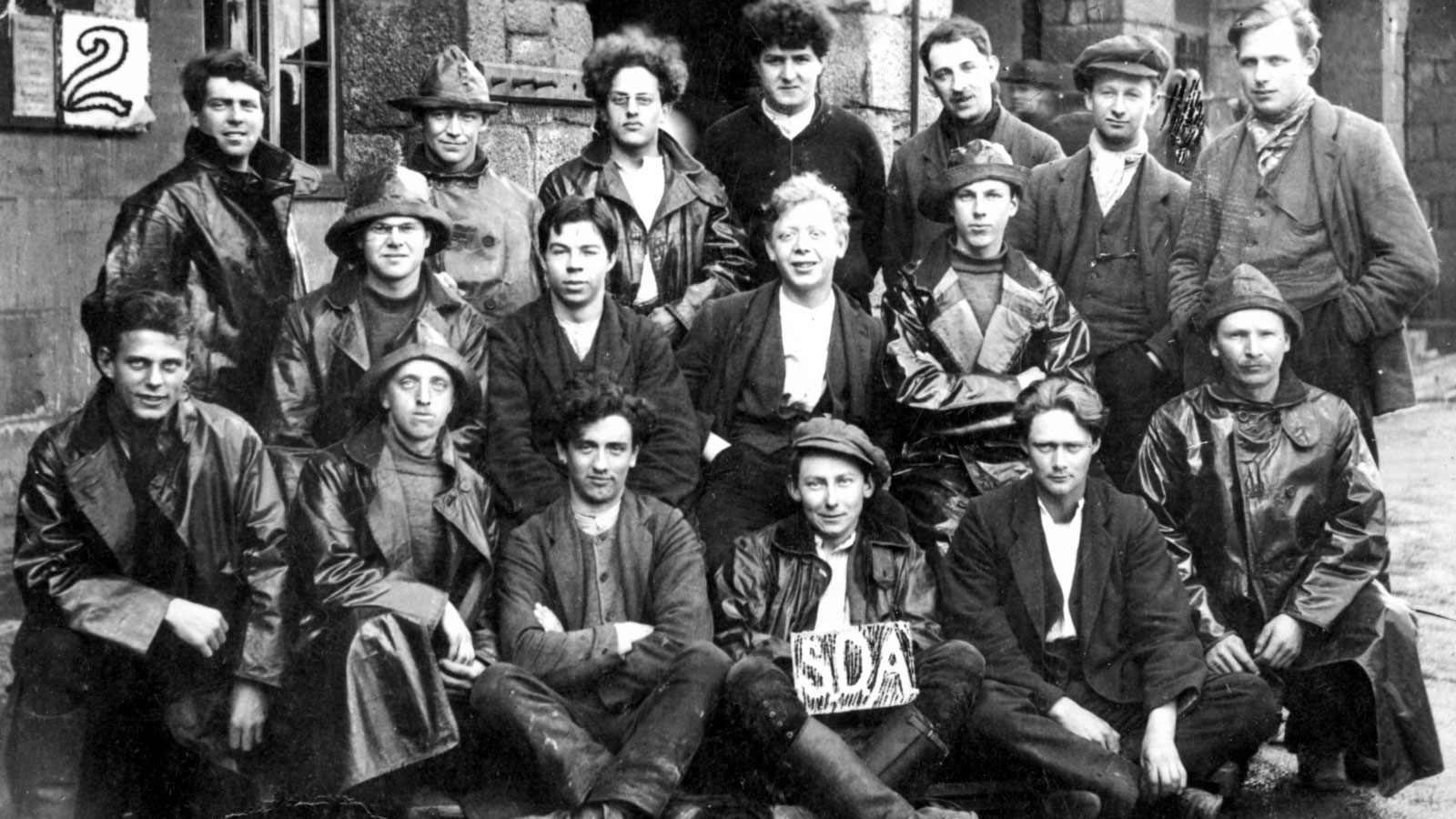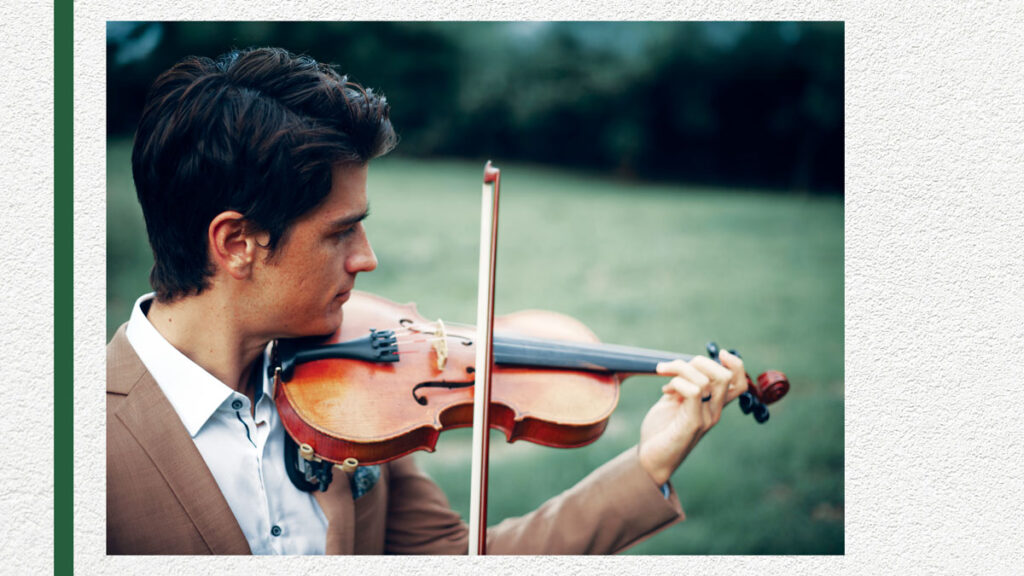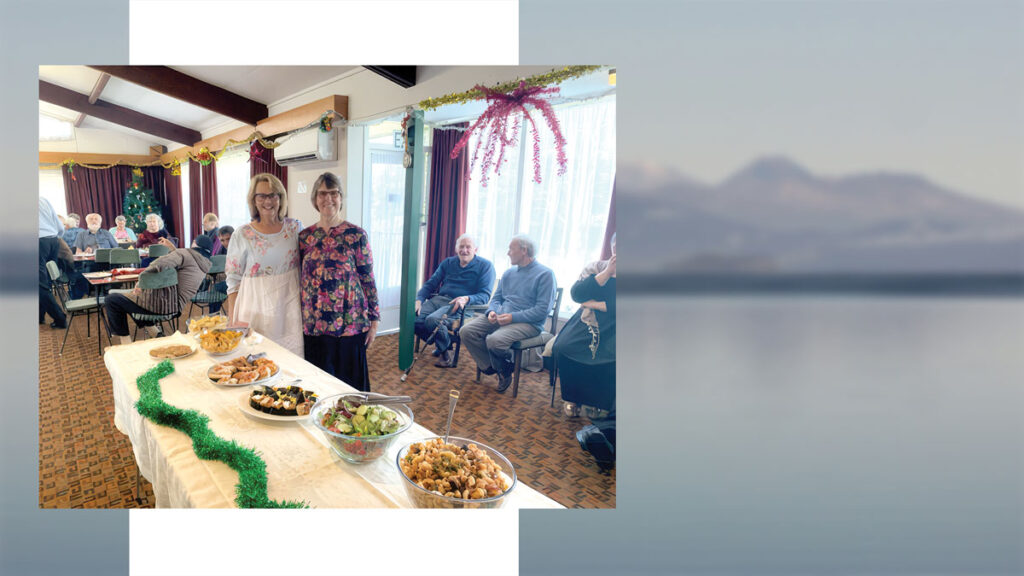The wireless was playing the introduction song to the 8am news break. I (William Pascoe*), listened to the first 10 seconds or so and quickly turned it off. I feared more bad news was coming.
I walked through the empty streets of Christchurch feeling melancholy. I saw teenage boys lined up as far as my eyes could see. They were young and excited to enlist for a “holiday” they would never forget.
Feeling glum, I entered the Conference office and sat in my seat as the president of the Seventh-day Adventist Church in New Zealand.
As I was checking some records in my old rusty filing cabinet I heard a strong knock at the door.
“Come in,” I said. I tried to be bright but I could hear the sadness in my voice.
A young lady stormed into my office with a distressed look on her face. “Five more young Seventh-day Adventists have been forced to join the battle on the deadly front-line,” she said. My heart dropped. My young church members had no protection from being enlisted to fight.
It was at that moment I had a bulb moment. Before a steam train could blow its horn, I ran to the closest public telephone box to call the operator to connect me to the magistrate to book the first available appointment.
***
The next day I walked confidently into the local courtroom, armed with my Bible in my pocket, and went inside the magistrate’s office. I explained to the magistrate that in the Scriptures God commanded Israel to go to war. I explained how the Levites and priests did not go to war because the Levites represented the religious power and they were under the protection of the civil powers. As it says in Exodus 20:13, “You shall not murder.” At once the magistrate said the case was dismissed. I begged the magistrate to not close this case and sternly said, “I am not only pleading for these five men, but I am also begging for all of the Seventh-day Adventists in the world to be free from fighting on the front-line.”

“I am very sorry Pastor Pascoe, but I cannot help you any further”, said the magistrate. “However, I recommend you apply to the Parliament to make an Act to release your people from all combat duties.”
There was still a glimmer of hope, so I decided to give it my best shot. I put on my best suit, polished my only black shoes and tried to calm my nerves because I was going to visit the acting prime minister of New Zealand, Sir James Allen.
As I walked down the long path to Parliament House, my tummy was filled with butterflies. I got to the door and was greeted by the receptionist. I introduced myself and was taken to the prime minister’s office where I nervously launched into a speech that I had been practising for weeks.
As soon as I had finished I felt a wave of relief come over me. Unfortunately, that relief and reassurance melted away when James Allen got angry at me and started calling me names. He demanded definite proof that we, as a denomination, are strictly non-combat. After that, he told me he did not want to see me again until I had found such proof. As I left, I did not feel discouraged because I knew that God and victory were on my side.
I skipped to the closest train station as I heard God’s soft voice speaking to me and giving me ideas of what to do next. I boarded the crowded train and wrote a cable to the Seventh-day Adventist General Conference Office in Washington DC. The pastors at the General Conference Office wasted no time fulfilling my request and drew up a document legally signed and sealed by Great Britain and the United States of America. It had long ribbons attached that were white, blue and red (the colours of Great Britain and the United States).
Armed with this evidence I was sure that Seventh-day Adventists were going to be set free from fighting on the front-line.
The next week I walked into Parliament House confidently knowing that God was on my side. I opened the door and was greeted and sent to Sir Allen’s room. I walked in and delivered my speech. As I finished I could see him building anger and hate, almost as if he was possessed.
“Didn’t I tell you before to never see my face again unless you could bring proof that you people have been non-combat. You seven-day people ahhhhhh!” James Allen screamed.
I calmly unbuttoned my coat and gave him the letter. As he read it I could see him changing. He examined the document and then said that there was not a fault that he could find. As he slowly turned to the Minister of War I knew that the victory was ours. No words could ever explain how good I felt after that burden was lifted.
The next morning I was on the train to Auckland and two men were reading the newspaper. All of a sudden one of the men let out a shocked gasp. I wondered what they were reading? Probably just some war rubbish. I heard one of the men, whose name was Frank, read the newspaper headline title out loud. He said ”SABBATH EXEMPTION FOR ADVENTIST SOLDIERS IN NEW ZEALAND”. How did James Allen free those Seven-day Adventures from all combat services?” Then I heard the other man blurt out “never in my life”.
***

A few hours later, I received a wire from Pastor Frank Rampton,** who was the Religious Liberty secretary, saying one of our young Seventh-day Adventists was about to board a gunboat headed for England. Quickly both Pastor Rampton and I ran to the wharf and we could see that the lighter taking troops to the gunboat had just launched. When Pastor Rampton got to the end of the wharf he took a massive three-metre jump, flying through the air and landing on board the lighter going out to the gunboat, soon to set sail for England.
It was illegal but we both knew it was the right thing to do. We both tried to convince the commander to turn around and go back to the shore. He said the ship was too far out at
sea to turn back but when he got to England, he would make sure that our man would get his Sabbaths free and he would tell the commander that he is a Seventh-day Adventist and to make sure that he didn’t go to the front-line.
Being the great-great-granddaughter of Pastor William Pascoe, I feel really inspired by his actions in standing up for what he believed in. By making his stand he was able to make a big difference to lives all around the world. Today we might not have the same issues facing us, but just like William Pascoe, we can make a difference in the lives of those around us by being brave and standing up for what we believe is right.
It says in Deuteronomy 31:6, ”Be strong and courageous. Don’t be afraid or terrified because of them, for the Lord your God goes with you; He will never leave you nor forsake you.”
*Pastor William Pascoe is my great-great-grandpa on my dad’s side.
**Pastor Frank Rampton in my great-great-grandpa on my mum’s side.
Mahalia Pascoe wrote this story as a 12-year old student at Avondale School, NSW.






